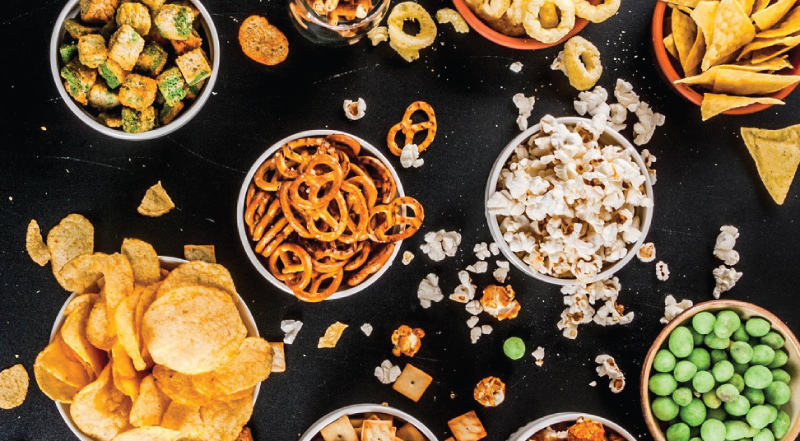
Pre-register now
Get notified once StepChain is available
and benefit from 1,000 STEP points
and benefit from 1,000 STEP points

.jpg)
The world has been shocked with the COVID-19 pandemic that has changed almost all our habits and kept us confined in our houses. Even when we are confined at home in order to protect ourselves from the virus, we could still be putting our health at risk. One of the concerns that the pandemic raised, is whether obesity will be increasing after this crisis or not. Let’s try to understand in this article.

While your Instagram feeds has made you think that people are being more active at home doing some “home workouts”, you might be wrong. Studies have shown that there was a huge increase in screen time and sedentary activities such as watching TV, in confinement. This means that people are moving less, and burning less calories. The weight gain risk is higher for people living in urban areas and whose economic situation is considered bad. Having a limited level of physical activity is directly linked to an increase of body weight, and to obesity.

When quarantines and lockdown were forced on people, supermarkets saw a huge increase of sale in their frozen products and foods that are shelf-stable. This means that the pandemic has made people more dependent on this type of food, which is not fresh and can be high in calories, also low in nutrients. Most of these products have high levels of sodium, sugar and fat. Consuming such foods, especially if your physical activity level is low, can make you prone to become overweight. Consumption of frozen foods is assumed to increase if the lockdown persists as fresh foods won’t be available anymore in this case.
Furthermore, the problem can be inflated when the food stores is not the best, the equipment used to cook or consume the foods is not appropriate, and the level of cooking knowledge is low.

The mental load that is a result of the pandemic, has pushed people in quarantine to snack more than they did before. This is a result of the anxiety, grief, and stress that the uncertainty of the pandemic has forced on us. Furthermore, the purchase of highly processed snacks has scored higher levels during the pandemic than before it. These snacks included ice cream, cookies, and salty snacks. While snacking is an expected result of stress, consuming extra calories of bad quality, can contribute in weight gain, and result in obesity.
What should be done to decrease obesity rates during the pandemic?
Healthy behavior needs to be encouraged during this period. To do so, start by following these tips:


2 Comments
EVEREST MOSS
GUILLERMO MANNING